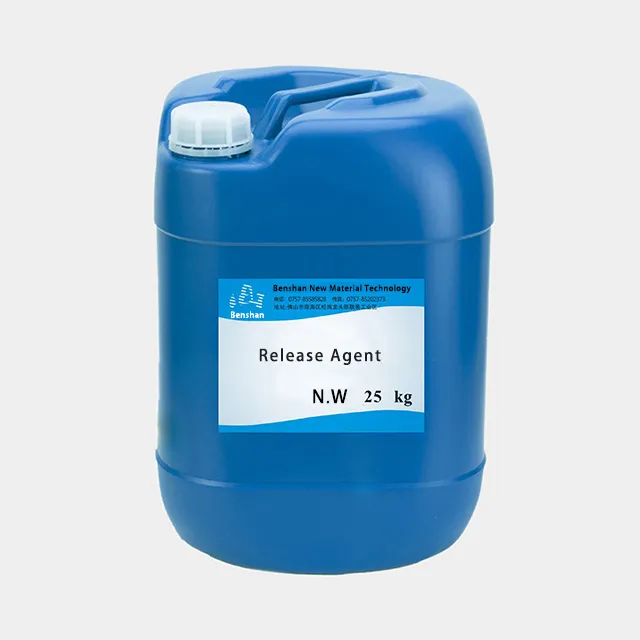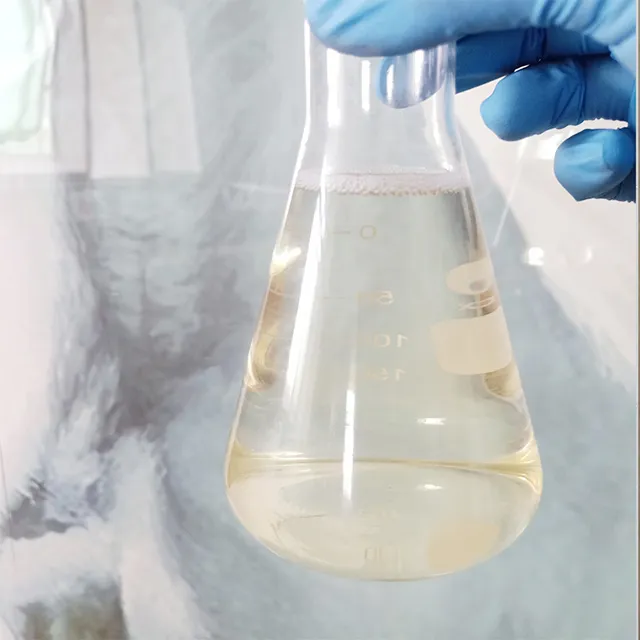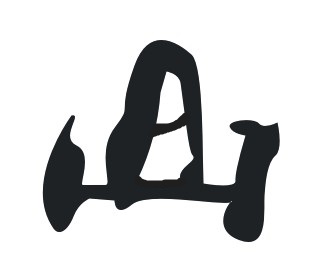
Will De-waxing Additive change the surface roughness of aluminum products?
2024-05-13 15:30
Aluminum products play an important role in industrial and consumer markets, and their wide range of applications include transportation, construction, electronics and other fields. In the production and processing of aluminum products, De-waxing Additive is used to remove residual wax and impurities during the processing. However, whether De-waxing Additive will change the surface roughness of aluminum products is a question worthy of further exploration. This article will explore the effect of wax remover additive on the surface roughness of aluminum products, as well as precautions in practical applications.
1. The role of wax remover additive
The main function of wax remover additive is to remove residual wax and other impurities on the surface of aluminum products. These additives dissolve or disperse wax and impurities through chemical reactions or physical effects, thereby making the surface of aluminum products cleaner.
2. Definition of surface roughness
Surface roughness refers to the small-scale irregularities on the surface of a material, including features such as bumps and undulations. Lower surface roughness usually means a smoother surface, helping to improve the appearance and performance of the product.

3. Potential impact of additives on roughness
During the wax removal process, wax remover additive may have chemical or physical effects on the surface of aluminum products. These effects may lead to changes in surface microstructure, thereby affecting surface roughness.
4. Effect of additive selection on roughness
Different types and formulations of wax remover additive may have different effects on the surface of aluminum products. Some additives may improve surface roughness while removing wax, while others may cause increased roughness. Therefore, choosing the right additives is crucial.
5. Influence of usage conditions
The usage conditions of wax remover additive, such as temperature, concentration and time, may affect the surface roughness of aluminum products. Appropriate adjustment of these conditions can optimize the wax removal effect and reduce the negative impact on surface roughness.
6. Surface treatment after wax removal
After De-waxing Additive removes wax, the way the surface of the aluminum product is treated may also affect the surface roughness. Further surface processing, such as grinding or polishing, can adjust the surface roughness to meet the requirements of different applications.
7. Industry standards and specifications
Consumers and industry can ensure that the use of wax remover additive has minimal impact on the surface roughness of aluminum products by following relevant industry standards and specifications. These standards and specifications typically specify the composition, conditions of use and handling of additives.

8. Promotion of technological innovation
Technological innovation plays an important role in reducing the impact of wax remover additive on the surface roughness of aluminum products. New additives, new processing techniques and finer process control help achieve smoother aluminum surfaces.
9. Consumer and industry choice
When consumers and industries choose De-waxing Additive, they should pay attention to the impact of the product on surface roughness and choose high-quality products that meet standards and specifications. This ensures that aluminum products maintain low surface roughness during production and processing.
Wax remover additive plays an important role in removing wax and impurities from the surface of aluminum products. However, its potential impact on surface roughness cannot be ignored. By choosing the right additives, optimizing use conditions and further surface treatments, consumers and industry can ensure that the surface roughness of aluminum products is maintained at ideal levels to meet the needs of different applications.








